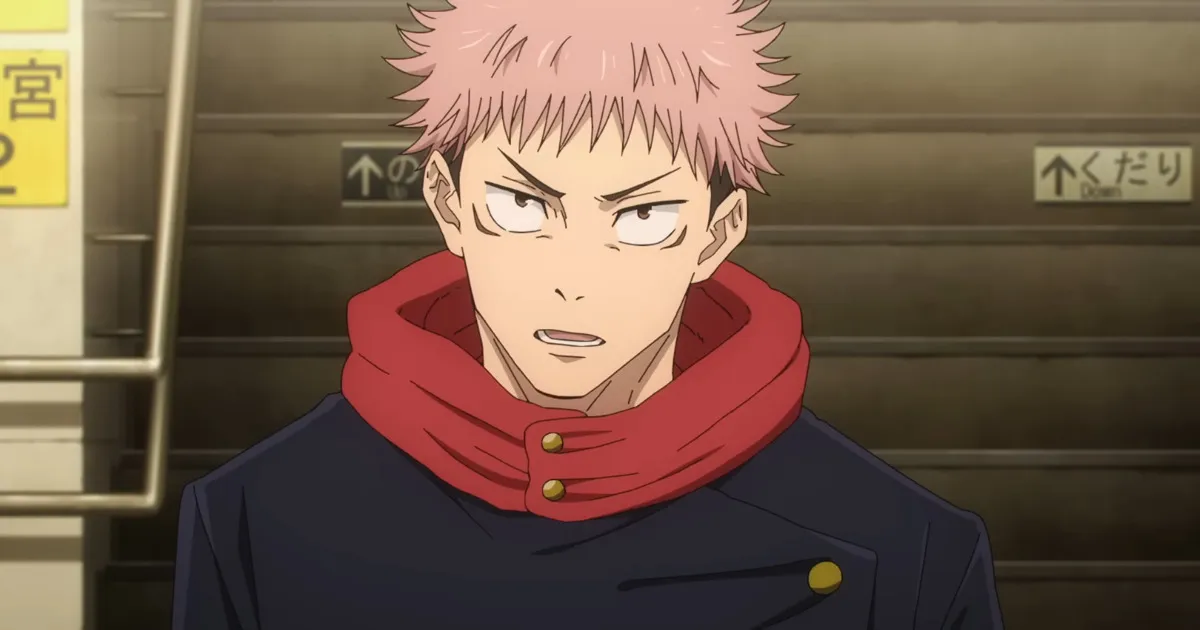Perhaps the best anime of 2023, Jujutsu Kaisen season 2, was an absolutely triumphant accomplishment for MAPPA. It successfully stood proud as an example of how shonen anime can honor the genre’s roots while challenging its stereotypes that have overstayed their welcome.
*Spoilers for Jujutsu Kaisen Season 2*
Season 2 dedicated time to dissecting the Shibuya Incident Arc, which highlighted the destruction of Shibuya in Tokyo, Japan. Jujutsu Kaisen season 2 episode 17 heavily leaned into the unforgiving nature of the manga as it brought the brutalization of the city to life through sensational animation. This mid-season chapter sunk into utter chaos and ruthlessly reveled in destruction, though the damage done was deeper that just surface-level attacks. In the wake of mass catastrophe, Jujutsu Sorcerers were forced to live with the consequences of Ryomen Sukuna’s (Ray Chase) rampage. Crushed beneath the weight of guilt, Itadori Yuji’s (Adam McArthur) heart-wrenching mental breakdown scene masterfully closed out the episode.
At MEGACON Orlando 2024, McArthur reflected on the Jujutsu Kaisen protagonist’s journey throughout the second season. He recounted recording the most character-defining moment in Yuji’s storyline, where Yuji regained control of his body from Sukuna post-Tokyo terrorization and inescapably faced the horror of mass annihilation. In that moment, he instantly began to beg for death, pleaded to be struck down, and vehemently repented for sins that weren’t his own.
“It was rough,” McArthur said. “I thought about personal grief, loss, and pain. I was asked to think about how [Yuji] would cope or how he would crumble. Recording that scene, it was devastating. I was devastated.”
McArthur wasn’t the only one who had struggled with working through such an emotionally intense and demanding scene. Yuji’s Japanese voice actor, Enoki Junya, shared a similar reaction in the recording booth during his performance. There’s something extremely haunting about watching a 15-year-old character hysterically claw into the paved earth beneath him, hoarse from screaming that “only [he] should die.” It’s unshakably uncomfortable, and the amount of sorrow and self-loathing from McArthur’s performance is palpable through the screen.
It takes an unfathomable amount of talent to let raw anguish translate across languages from Japanese to English, all while delivering lines in paralleled agony. Packing immense bouts of heartache and despair into a small bit of screentime is an incredible feat; the fact that McArthur and Enoki were able to leave an audience feeling just as hollow and gutted long after the credits roll is even more impressive.
(featured image: MAPPA)










Published: Feb 9, 2024 04:01 pm